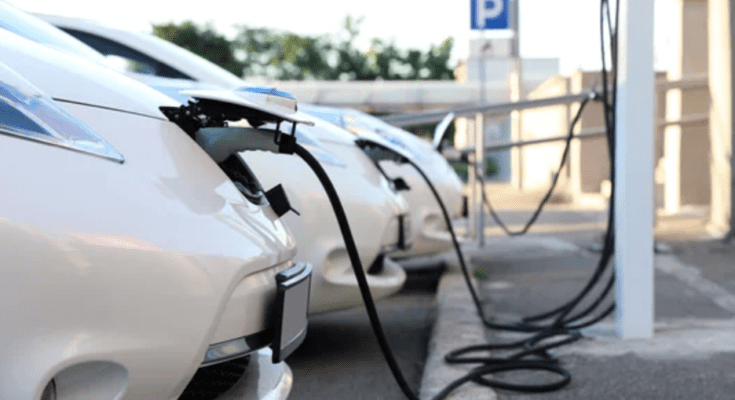The shift to electric vehicles (EVs) is not just a trend; it’s a transformative move toward sustainable transportation. As more drivers consider making the switch, it’s essential to understand the factors that can influence this decision. Whether you’re motivated by environmental concerns, cost savings, or the appeal of cutting-edge technology, transitioning to an electric vehicle requires thoughtful consideration. For comprehensive resources and guidance, platforms like EV.com offer valuable insights into the world of electric vehicles. Here are the top factors you should consider when making the switch.
1. Understanding Your Driving Needs
One of the first steps in transitioning to an electric vehicle is assessing your driving habits and needs.
- Daily Commute: Evaluate your daily commute distance. Most modern EVs offer a range that comfortably covers the average daily drive. However, if you frequently take long trips, you might want to consider an EV with a higher range or plan for charging stops along your route.
- Charging Accessibility: Consider the availability of charging stations in your area and along your usual routes. Home charging solutions are convenient, but public charging infrastructure is also expanding rapidly, making it easier to charge on the go.
- Vehicle Use: Think about how you use your vehicle. If you often haul heavy loads or need a vehicle with significant towing capacity, make sure to choose an EV model that meets those needs.
2. The Cost Factor: Initial Investment vs. Long-Term Savings
Switching to an electric vehicle involves both upfront costs and long-term financial benefits.
- Purchase Price: The initial cost of an EV can be higher than that of a traditional gasoline-powered car. However, prices are coming down, and incentives, rebates, and tax credits can significantly reduce the purchase price.
- Operating Costs: One of the biggest advantages of EVs is lower operating costs. Electricity is generally cheaper than gasoline, and EVs have fewer moving parts, leading to lower maintenance costs over time.
- Resale Value: Consider the potential resale value of an EV. As the market for electric vehicles grows, demand is likely to increase, which could positively impact the resale value of your vehicle.
3. Charging Infrastructure: Home vs. Public Charging
The convenience of charging your EV can make or break your ownership experience.
- Home Charging: Installing a home charging station is a convenient option that allows you to charge your vehicle overnight. However, the installation process may require an upgrade to your home’s electrical system.
- Public Charging: Public charging stations are becoming more widespread, but availability can vary depending on your location. Fast-charging stations offer a quick way to top up your battery during longer trips, but it’s important to map out charging stations along your routes.
- Charging Time: Charging times can vary depending on the type of charger you use. While home chargers may take several hours to fully charge an EV, fast chargers can significantly reduce this time, making it easier to charge on the go.
4. Environmental Impact and Sustainability
One of the main reasons drivers switch to electric vehicles is the environmental benefits.
- Reduced Emissions: EVs produce zero tailpipe emissions, which means they have a much smaller environmental footprint compared to traditional vehicles. This reduction in greenhouse gases contributes to cleaner air and helps combat climate change.
- Sustainability of Materials: Consider the sustainability of the materials used in your chosen EV. Manufacturers are increasingly focusing on using recycled and sustainable materials in vehicle production, further reducing the environmental impact.
- Battery Recycling: As EV batteries reach the end of their life, recycling and repurposing efforts are crucial. Look for manufacturers and models that prioritize battery recycling programs, as this helps minimize the environmental impact.
5. Future-Proofing Your Investment
With technology evolving rapidly, it’s important to think about the future when choosing an EV.
- Software Updates: Many EVs receive regular software updates that can improve performance, add new features, and even increase the vehicle’s range. This means your EV can continue to improve over time.
- Charging Infrastructure Growth: The network of charging stations is expected to expand significantly in the coming years. Investing in an EV now positions you to take advantage of future infrastructure improvements.
- Advances in Battery Technology: Battery technology is continuously advancing, with future developments likely to offer even greater range and faster charging times. Choosing an EV with an upgradable battery or considering the potential for future battery replacements can help future-proof your investment.





